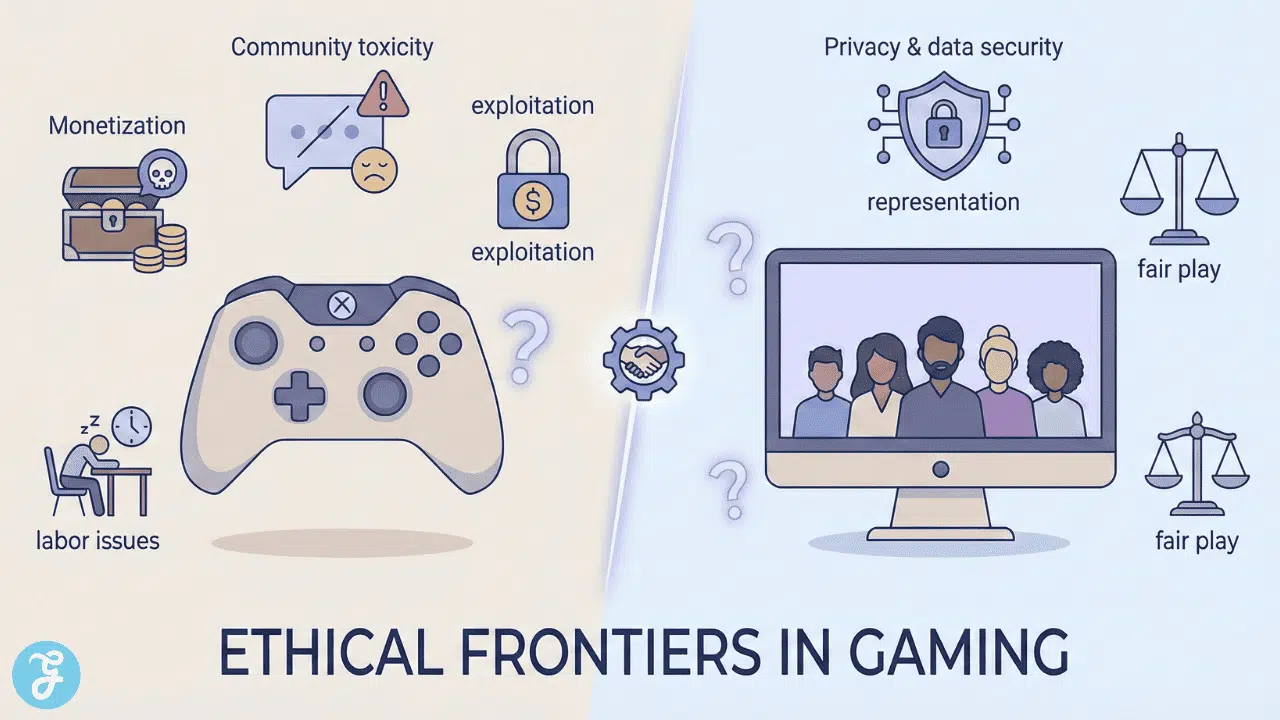As children grow into young adults, college becomes a significant milestone that requires thoughtful preparation. Parents play a crucial role in guiding their offspring through the college preparation journey—equipping them with the right tools for success. From academic readiness to emotional support, every step is vital in ensuring a smooth transition. In this article, we will cover essential strategies and tips that can help your child be college-ready.
Exploring Financial Planning and Scholarships
Navigating the financial aspect of college preparation is often one of the most daunting tasks for families. Early exploration of savings options, such as 529 plans, and an understanding of the Free Application for Federal Student Aid (FAFSA) process, are essential in financial planning. Open conversations about budgeting can lay the groundwork for financial literacy and responsibility.
Researching scholarship opportunities is a pivotal step. An array of merit-based and need-based scholarships are available, and diligent research can uncover lesser-known options. For instance, if you’re wondering, “Is the NSHSS a scam?” You’ll be able to find insight into the reputable scholarship organization and use their financial resources.
Additionally, teaching kids to seek out scholarships from local businesses, community organizations, and their intended college’s departmental offerings can aggregate to a significant financial aid package. Scholarship applications should be taken as seriously as college applications, with careful attention to essays and recommendations.
Emphasizing the Importance of Academic and Extracurricular Balance
In the whirlwind of striving for college admission, academic excellence inevitably takes center stage. However, fostering a balanced lifestyle that includes extracurricular engagement is just as crucial. Activities like sports, arts, and community service can showcase a student’s well-rounded character and leadership skills.
Participation in clubs or organizations relevant to a student’s field of interest not only enriches their resume but also allows them to apply classroom knowledge in real-world settings. For those considering specialized career paths, such as health science, identifying relevant experiences, including shadowing professionals or aiming for a masters degree in respiratory therapy, is beneficial.
Colleges appreciate applicants who exhibit passion and commitment, which can often be reflected through sustained involvement in particular extracurriculars rather than a lengthy list of one-off activities. Depth of experience is generally more impactful than breadth. Leadership roles or project initiatives within these activities can further distinguish an application.
Maintaining a healthy academic and extracurricular balance also helps prevent burnout. Encourage your child to take breaks and prioritize self-care, reinforcing that their well-being is the foundation of their success.
Establishing a College Prep Timeline Early in High School 
Initiating the college prep process can never be too early. Starting in freshman year, families should map out a four-year high school plan. This includes setting academic goals, identifying important exam dates, and understanding the timeline for college applications. Engaging in meaningful conversations about career interests can also inform course selections and extracurricular activities.
Encourage your child to develop relationships with guidance counselors, who are integral in providing tailored advice and helping to keep track of important milestones. Moreover, as high school progresses, regular check-ins on this timeline can help adjust strategies in response to your child’s growth and changes in aspirations.
Balanced course loads should be another focus, with an eye toward gradually increasing rigor. Advanced Placement or International Baccalaureate programs can offer the challenge and depth colleges look for. However, it’s important to strike a balance that ensures students are not overwhelmed.
Encouraging Independence to Foster Self-Management
As teens near the end of high school, fostering independence becomes a critical aspect of preparation. Parents can encourage this by entrusting their children with more responsibilities, such as managing their own schedules or finances. This transition can guide them in developing time-management skills and self-discipline—which will be indispensable in college.
It’s also beneficial to promote problem-solving can empower them to handle future uncertainties. Whether it’s juggling schoolwork deadlines or resolving conflicts in group projects, the ability to navigate challenges independently prepares them for college’s academic and social demands.
Introducing them to life skills, such as doing laundry or cooking, can be equally significant. With many students living away from home for the first time in college, mastering these basic skills can ensure they are not overwhelmed by day-to-day living while balancing academic life.
Overall, by approaching college preparation with thoroughness and empathy, parents can greatly ease their child’s transition to higher education. Establishing early plans, encouraging responsible independence, addressing financial literacy, promoting a balance between academic and extracurricular activities, and preparing for the emotional shift, all contribute to a more confident and prepared college freshma



































